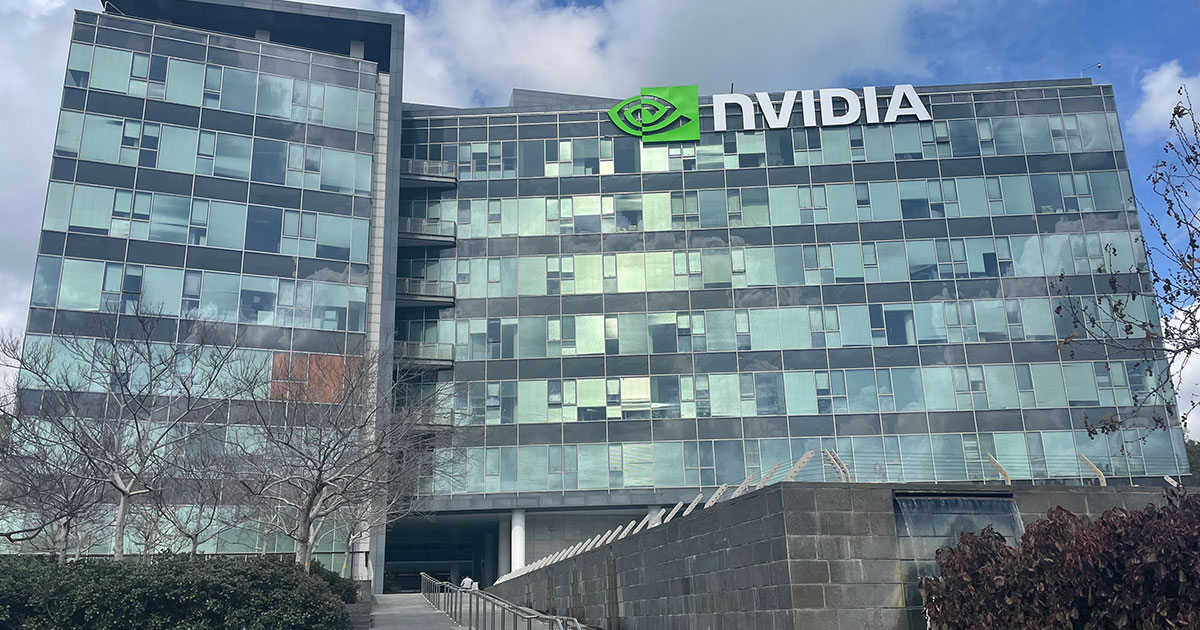Nvidia collaborates with the U.S. government to ensure compliance in the Chinese market
06 Dec 2023

In a recent announcement, Nvidia’s CEO, Jensen Huang, revealed the company’s close collaboration with the U.S. government to ensure that its new chips for the Chinese market adhere to export restrictions. The California-based artificial intelligence chip designer, holding over 90% of China’s $7 billion AI chip market, faces new challenges with the recent U.S. curbs on chip exports, potentially opening opportunities for Chinese competitors.
Responding to recent reports, which indicated a delay in the launch of a China-focused AI chip until the first quarter of 2024, Huang refrained from confirming the details. Instead, he emphasized Nvidia’s concerted efforts to develop products in compliance with U.S. regulations.
During a news conference in Singapore, Huang stated that Nvidia had been working very closely with the U.S. government to develop products following its regulations. He mentioned that they planned to persist in collaborating with the government to formulate a new range of products that adhere to the updated regulations, which include certain limits.
Addressing concerns about the impact of the new U.S. rules, Nvidia warned of a significant drop in fourth-quarter sales in China, while Huang acknowledged the unpredictability of changes in China’s revenue contribution, traditionally around 20%.
Highlighting the ongoing nature of the process, Huang emphasized the need to seek market advice. He also acknowledged Huawei as a “formidable” competitor in the evolving landscape.
In addition to its challenges in the Chinese market, Nvidia revealed discussions with Singapore regarding potential major investments. The company aims to collaborate with the city-state in developing its large language model, Sealion. Singapore’s Infocomm Media Development Authority (IMDA) recently announced a $52 million initiative to create Southeast Asia’s first large language model.
Huang commended Singapore’s vibrant AI ecosystem and its role as a significant data center for numerous Asian markets. The discussions with Singapore align with Nvidia’s broader strategy to navigate the evolving landscape of AI and chip development, both in China and the broader Asian region.


















